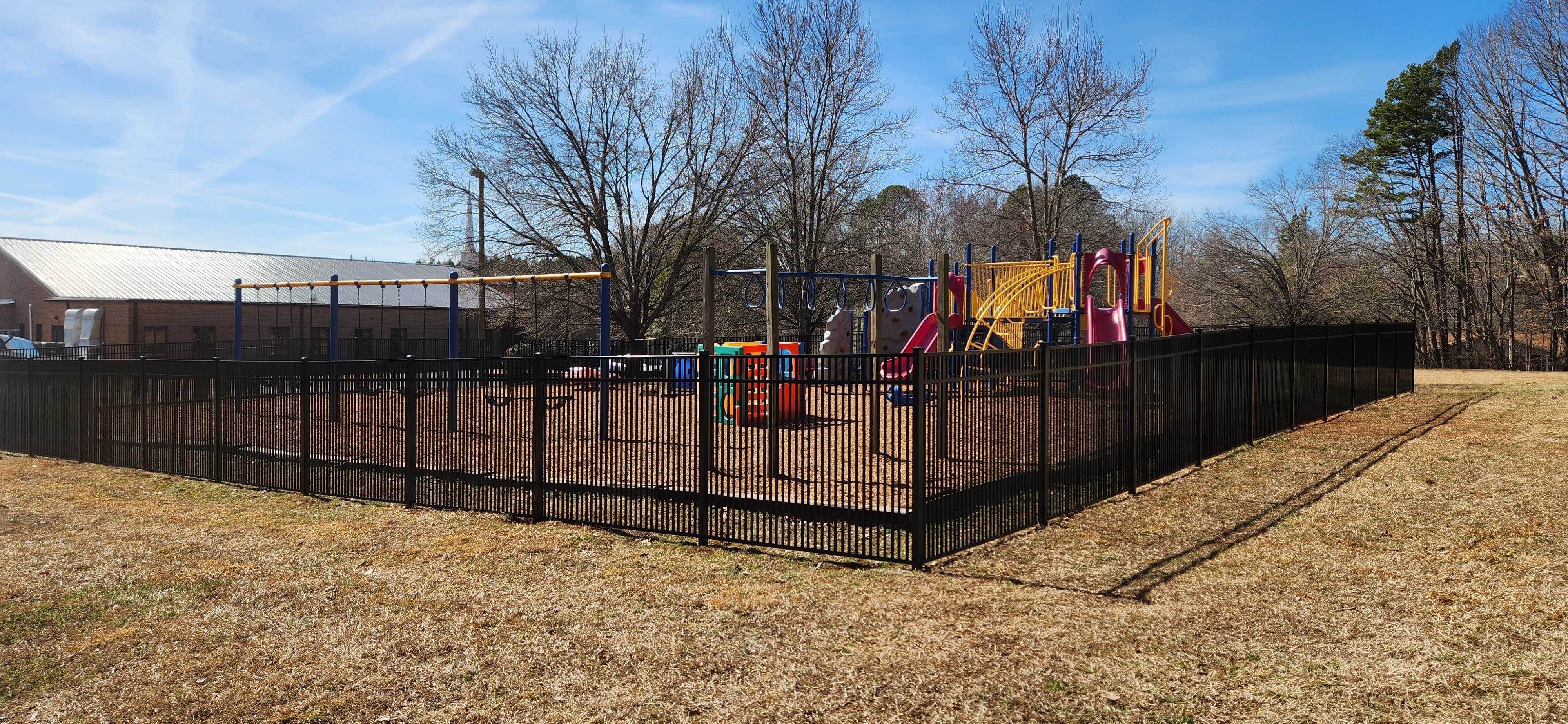
Winterizing Your Fence: Preparing for Harsh Weather Conditions Aug 12, 2025
When it comes to winterizing your fence, understanding the type of material your fence is made from is essential. Different materials require different care techniques. For wooden fences, moisture is the enemy. Winter's frost and snowfall can seep into the wood, causing it to warp, crack, or rot. Applying a weatherproof sealant to your wooden fence can create a barrier against moisture. It's advisable to do this before the first snow falls or temperatures dip below freezing.
Metal fences, often made from aluminum or steel, require a different approach. Despite being incredibly durable, these types of fences can be susceptible to rust if not properly protected. Inspect your metal fence for any signs of rust or corrosion before winter sets in, and apply a rust-inhibiting paint if necessary. This preparatory step can prevent small problems from becoming larger, costly issues.
Another critical aspect of winterizing your fence is ensuring it has no damage going into the cold season. Walk the perimeter of your fence and look for any areas that need repair. Loose posts, broken boards, or twisted wires should be dealt with promptly. Not only will this make your fence stronger, but it will also prevent damage from worsening due to winter storms or heavy snowfall accumulation.
Additionally, keep in mind that trimming any overhanging branches from nearby trees can reduce the risk of them falling and damaging your fence during a winter storm. Similarly, ensure no bushes or plants are growing directly against the fence, as they can trap moisture, encouraging mold and mildew growth.
As the snow falls, one might be tempted to pile it against the fence for convenient storage. However, doing so can lead to problems as the snow melts and refreezes. The weight and continuous moisture can increase the risk of structural damage. It’s best to keep snow shoveled away from the fence line, ensuring melted snow doesn’t cause water pooling at the base.
Lastly, even minimal upkeep throughout winter is beneficial. Regularly clear your fence of ice and snow accumulation using a soft-bristled broom. This quick task can prevent moisture damage and mitigate excessive weight strain on the structure itself.
In conclusion, taking the time to winterize your fence is an investment in its longevity and appearance. These preparative measures not only ensure the structural integrity of your fence through harsh weather conditions but also save on potential costly repairs down the line. At Fence My Lawn, we offer expert advice and assistance tailored to your specific fencing needs. Don’t let winter weather catch you unprepared—contact us to ensure your fence weathers the season beautifully and remains robust for years to come.
/filters:no_upscale()/media/b866fc30-184d-477f-9bba-dcf0ef6d530b.jpeg)
/filters:no_upscale()/filters:format(webp)/media/242a1060-baa7-40db-81f9-f6b01df83a6f.jpeg)